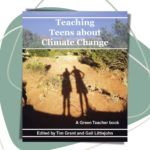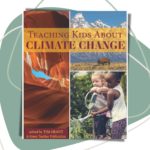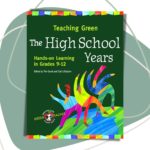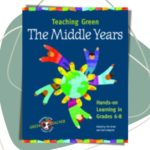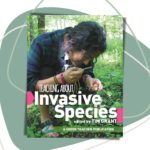Using multiple intelligences to promote nature education

Originally appears in the Winter 2013-2014 issue
Before leading a guided nature excursion, you must first know the trail inside and out, have an understanding of ecosystems, and know your audience. It is key to always have the participants in mind. If you want to engage each student, the trick is to create links and make connections between humans and nature.
The theoretical framework of multiple intelligences, developed by Howard Gardner, gives educators a broader scope and a more general understanding of learners at every age. This theory, rising out of cognitive psychology, allows nature guides to develop nature excursions based on the multiple intelligences of the participants, not simply based on the environment itself.
The eight forms of intelligence as identified by Howard Gardner are:
- Verbal-linguistic intelligence
- Logical-mathematical intelligence
- Bodily-kinesthetic intelligence
- Visual-spatial intelligence
- Musical intelligence
- Interpersonal intelligence
- Intrapersonal intelligence
- Naturalistic intelligence
To understand these variances is useful in preparing activities which support all of the intelligences, and allow everyone to connect with nature—especially those with limited awareness.
I have prepared twelve activities to help raise nature awareness incorporating all eight multiple intelligences (naturalistic intelligence is weaved into every activity). I carried out the activities with a variety of participants including children, teenagers, working-class and privileged adults, families, and people with mental health issues.
To view the photo-rich magazine version, click here.
If you are not already a subscriber, please subscribe to read the full article
Christophe Vermonden is a Belgian teacher, activity leader in nature and trainer in environmental education for over 20 years. He has a M.Sc. of Education at the University of Louvain in Belgium. He is currently a pedagogical adviser for schools and NGOs.
Patrick Alcock is a freelance translator who resides in Toronto, Ontario, but is originally from Montreal, Quebec. He has just completed his Bachelor of Education degree at University of Toronto.
A longer French version of this article appeared in L’erable, the magazine of the Belgian Naturalists Association (i.e. Cercles des Naturalistes de Belgique) in 2010.
Leave a Reply
You must be logged in to post a comment.






